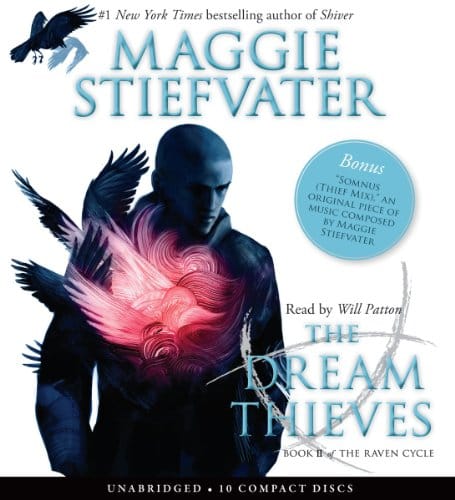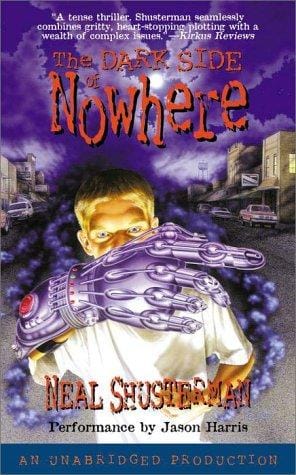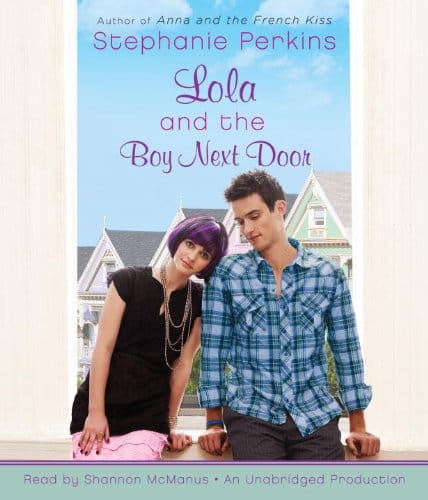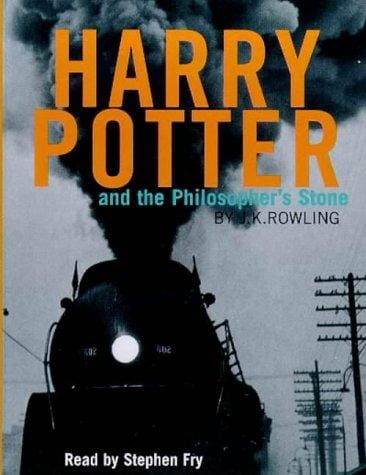Exploring Divergent: Themes, Characters, and Legacy
Explore Veronica Roth's Divergent: factions, characters, themes, and its enduring impact on YA dystopian fiction.
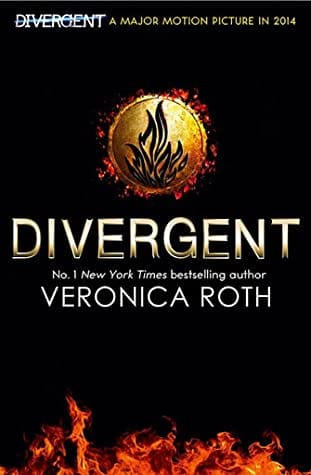
Introduction to Divergent’s World
When Veronica Roth released "Divergent" in 2011, she invited readers into a Chicago that is both familiar and unsettlingly fractured. Society is split into five ideological factions designed to keep the peace, yet the very system meant to eliminate conflict hides the seeds of rebellion. Roth’s fast-paced prose, layered with moral questions and high-stakes action, quickly elevated the book to the top of young-adult best-seller lists. More than a decade later, "Divergent" still resonates with audiences who crave stories about choosing one’s own path in the face of rigid expectations.
Plot Overview and the Faction System
At the story’s heart is sixteen-year-old Beatrice “Tris” Prior, born into the selfless Abnegation faction. On Choosing Day, teens select the community that will shape the rest of their lives after taking a serum-induced aptitude test. Tris’s inconclusive result marks her as Divergent, a dangerous anomaly who fits into more than one faction. Opting for Dauntless, the thrill-seeking guardians of the city, she leaves her family to endure brutal initiation trials. As Tris uncovers a conspiracy led by the intellectual Erudite faction to overthrow Abnegation, she must decide where her true loyalties lie and what it means to be brave.
The Five Factions Explained
Abnegation prizes self-sacrifice, Erudite values knowledge, Dauntless honors courage, Amity upholds peace, and Candor champions honesty. Each faction trains its members with strict rituals, clothing, and philosophies that shape daily life, from the foods they eat to the careers they pursue. The faction system establishes an easy shorthand for readers to understand characters’ motivations, yet Roth also shows that no single virtue can sustain a society on its own. The existence of the factionless—citizens who failed initiation and live in poverty—illustrates the system’s cruelty, while the rise of Divergent individuals hints that human identity is too complex for rigid labels.
Key Characters That Drive the Narrative
Tris Prior anchors the trilogy as a fiercely determined protagonist whose moral compass evolves alongside her combat skills. Tobias “Four” Eaton, her Dauntless instructor, complements her arc with his own struggle against abuse and fear. Supporting figures like Christina, Will, Peter, and Jeanine Matthews add nuance: Christina highlights friendship across faction lines, Will demonstrates the cost of blind loyalty, Peter personifies ruthless ambition, and Jeanine stands as the calculating antagonist determined to eradicate Divergents. Their intersecting storylines intensify the central question of whether identity is chosen, assigned, or earned.
Core Themes and Messages
"Divergent" weaves together classic dystopian concerns—oppressive governments, surveillance, and social engineering—with contemporary issues such as peer pressure, trauma, and personal agency. By exploring how characters navigate a world that values singular traits, Roth invites readers to consider the dangers of oversimplifying human nature. The novel’s action scenes and romantic subplot enhance its accessibility, but the deeper philosophical elements give it lasting relevance beyond the thrill of train-jumping or zip-lining across Chicago’s skyline.
Individuality vs Conformity
Tris’s Divergent status symbolizes the multifaceted identities present in every person. While her society rewards strict conformity, the narrative champions those who embrace complexity. Readers are reminded that genuine growth requires freedom to explore multiple aspects of oneself without fear of punishment. This theme resonates strongly with young adults negotiating family expectations, educational pressures, and social labels.
Fear and Bravery
The Dauntless initiation’s fear simulations provide memorable set pieces and psychological insight. Roth reframes courage not as the absence of fear but as the choice to act despite it. Tris and Four both learn that acknowledging vulnerability is integral to true strength, a lesson that transcends dystopian fiction and applies to real-world challenges such as mental health awareness and standing up to injustice.
From Page to Screen: Film Adaptations
Lionsgate’s 2014 film adaptation, starring Shailene Woodley and Theo James, expanded the saga’s reach. The movie recreated signature scenes—like the leap onto a moving train—with cinematic flair, while the soundtrack from Ellie Goulding and others captured the series’ emotional pulse. Although the first film earned solid box-office returns, subsequent installments faced diminishing reception and an unfinished finale. Still, the films introduced Roth’s universe to new audiences and kept the conversation about factions, fear, and free will alive across social media platforms.
Critical Reception and Cultural Impact
Critics often compared "Divergent" to "The Hunger Games," yet many praised its distinct philosophical angle and well-rounded protagonist. The book’s success spurred a wave of dystopian YA titles exploring identity politics and societal control. Classroom discussions, book clubs, and academic papers have analyzed the faction system as an allegory for modern social categorization, from political partisanship to online echo chambers. Merchandise, fan fiction, and conventions further illustrate the franchise’s footprint in pop culture.
Why Divergent Still Matters Today
In an era marked by polarized viewpoints and algorithm-driven echo chambers, "Divergent" offers a cautionary tale about the perils of reducing people to single traits. The story encourages readers to cultivate empathy, embrace nuance, and challenge systems that benefit from division. Whether revisiting the series or discovering it for the first time, audiences can find valuable lessons about resilience, moral complexity, and the power of choice—proof that a decade later, Tris Prior’s leap of faith continues to inspire.
